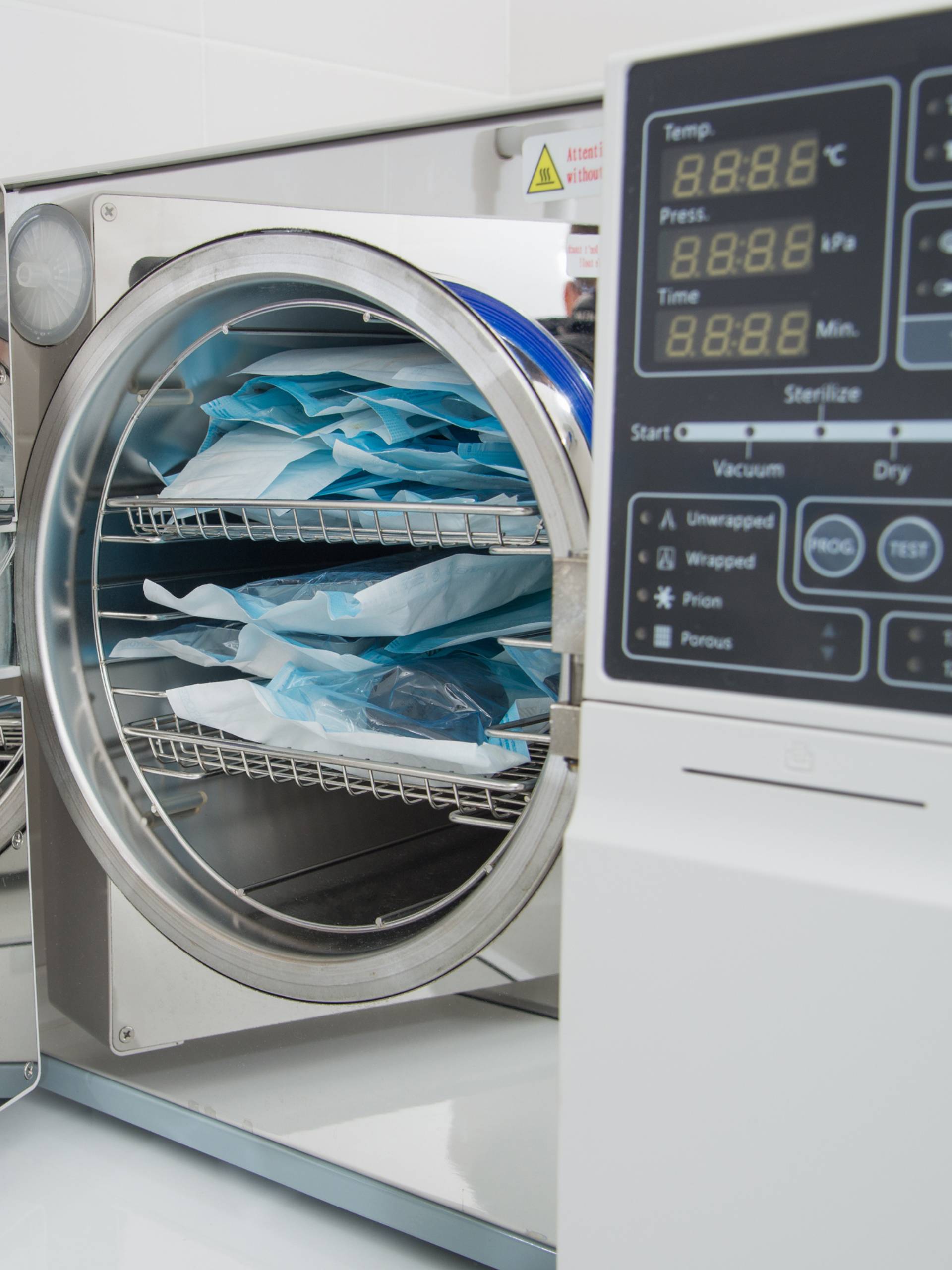Different Types of Sterilizers Found in Labs

Sterilization is vital in any laboratory environment. By eliminating harmful microorganisms, labs generate accurate results, maintain safety, and uphold the highest standards for research and testing. Understanding the types of sterilizers available can prove incredibly useful as choosing the right piece of equipment can profoundly impact tool longevity and efficacy. Below, we’ll explore four different types of sterilizers found in labs and why they’re essential.
Autoclaves: The Workhorses of Lab Sterilization
Autoclaves are the backbone of laboratory sterilization. These durable machines rely on steam and high pressure to kill microorganisms, even the most resistant spores. By operating at temperatures as high as 121 degrees Celsius, autoclaves make sure items, such as glassware, surgical tools, and even liquids, are completely sterilized.
Take, for example, a microbiology lab studying bacterial strains. Petri dishes, inoculation loops, and growth media are effectively sterilized to prevent cross-contamination. Autoclaves are also favored for their efficiency, as they sterilize large batches of equipment in a matter of minutes. Autoclaves are nonnegotiable for labs handling biological waste.
Dry Heat Sterilizers: A Reliable Alternative to Autoclaves
Where autoclaves use steam, dry heat sterilizers expose equipment to high temperatures, typically ranging between 160 and 170 degrees Celsius. These sterilizers are excellent for handling materials that may corrode or warp when exposed to moisture, such as certain metal instruments or powders.
Imagine sterilizing sensitive tools, such as the different types of surgical scissors. Using a dry heat sterilizer ensures the structural integrity and precision of these tools remain intact. Industries that deal heavily with oils or powders, such as pharmaceutical labs, frequently turn to dry heat sterilizers for their reliability and suitability for moisture-sensitive materials.
Chemical Sterilization: Ideal for Sensitive Instruments
Chemical sterilizers are an excellent option when dealing with heat-sensitive materials. These systems use chemical agents—such as ethylene oxide gas, hydrogen peroxide, or peracetic acid—to disinfect laboratory tools and surfaces.
Labs working with highly sensitive instruments, including plastic syringes, fiber optics, or specialty tools, often use chemical sterilization due to its gentle yet highly effective capabilities.
Even must-have lab supplies like tubing and catheters benefit from this approach. However, proper ventilation during the process is vital to maintain safety, as many sterilization chemicals are highly hazardous if mishandled.
Plasma Sterilizers: The Cutting Edge of Sterilization Technology
Plasma sterilization is among the most advanced technologies available in the sterilization landscape. This method uses low-temperature hydrogen peroxide plasma to disinfect equipment, which makes it ideal for tools that cannot withstand high heat or chemicals.
Plasma sterilizers are known for treating delicate and intricate devices, such as endoscopes and electronics. Because this process leaves no toxic residue, it’s particularly valued in medical and research facilities working with highly precise devices. While plasma sterilizers are more expensive than other options, their ability to enhance safety and prevent damage to costly tools makes them a worthy investment for labs wanting the best for their sterilization needs.
Understanding the various types of sterilizers empowers labs to choose the best option for their operations, while balancing safety, efficiency, and purpose. Investing in the right sterilizer and maintaining it can make a world of difference for labs looking to achieve precision, accuracy, and long-term success.



8 Comments
gloria patterson
There are so many types. And truth I have never though about it before. But just thinking about it when they did my knee surgery I am glad to know how stuff is sterlized.
Philadelphia Dryer Vent Cleaning Services
Your post is really informative! As a home service provider ourselves, we specialize in Home service and Dryer Vent Cleaning. It’s always great to see quality content that helps homeowners. Keep up the excellent work, and if anyone needs Dryer Vent Cleaning Service, feel free to reach out to us!
For more information contact us at the below:
Phone: 2679297173
Address: City Hall Walkways, Philadelphia, 19110, Pennsylvania
SAN ANTONIO Chimney Sweeping
very good technology
Explore the San Antonio Chimney Sweep network, where excellence is our standard. At chimneysweep-sanantonio.us, we take pride in offering top-tier quality, with a diverse range of services tailored to your individual needs. Backed by our team of skilled professionals, each specializing in various fields, your needs will be met with precision and care. Trust our San Antonio providers’ experts to deliver an unparalleled experience, maintaining the highest standards of both quality and functionality.
For further information contact Below:-
Address: Dolorosa Street, San Antonio, 78205, Texas
Phone no.: 7262408796
Service hours: Mon to Sat 9am to 6pm
Sun 9am to 3pm
heather
I had no idea that there were so many different types of sterilizers. I am all about cleanliness.
Connie: The Head Peanut
If ONLY there was one portable, easy to store and kitchen size!
Tamra Phelps
I had heard of autoclaves and a few others but not all of these. Interesting to learn about.
Connie: The Head Peanut
Right?? I had no idea so many different kinds.
Terri Quick
Thank you for sharing this great information